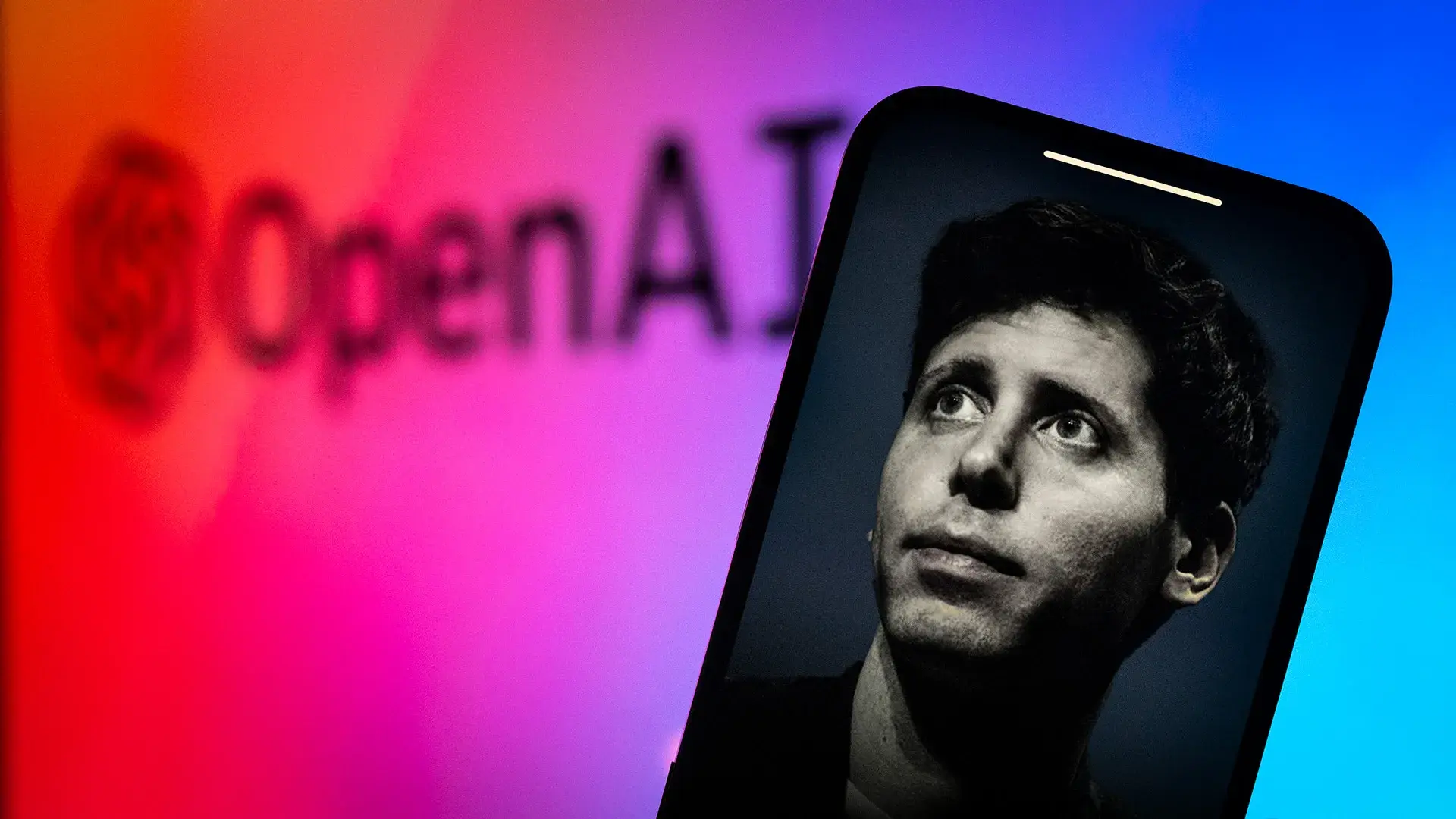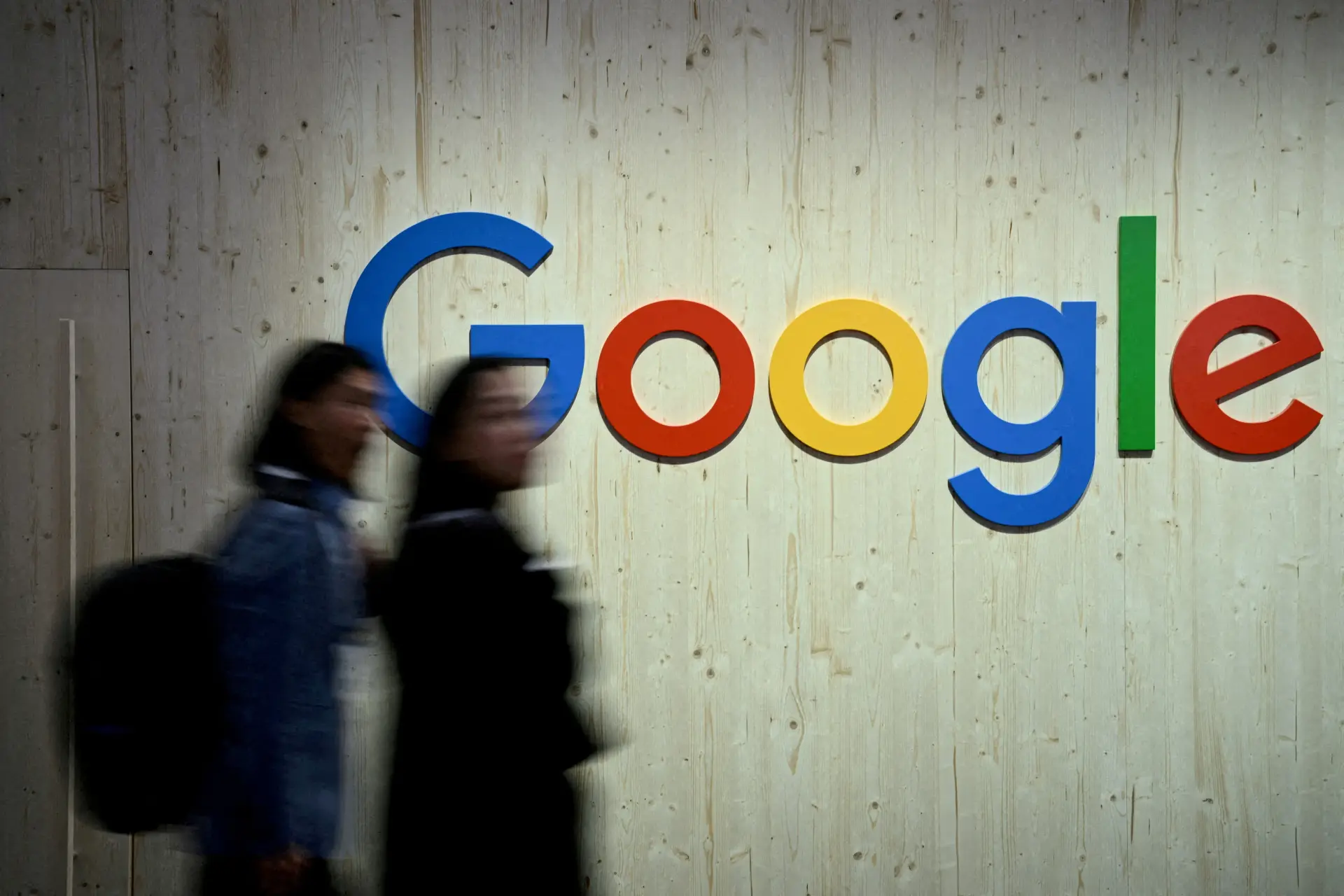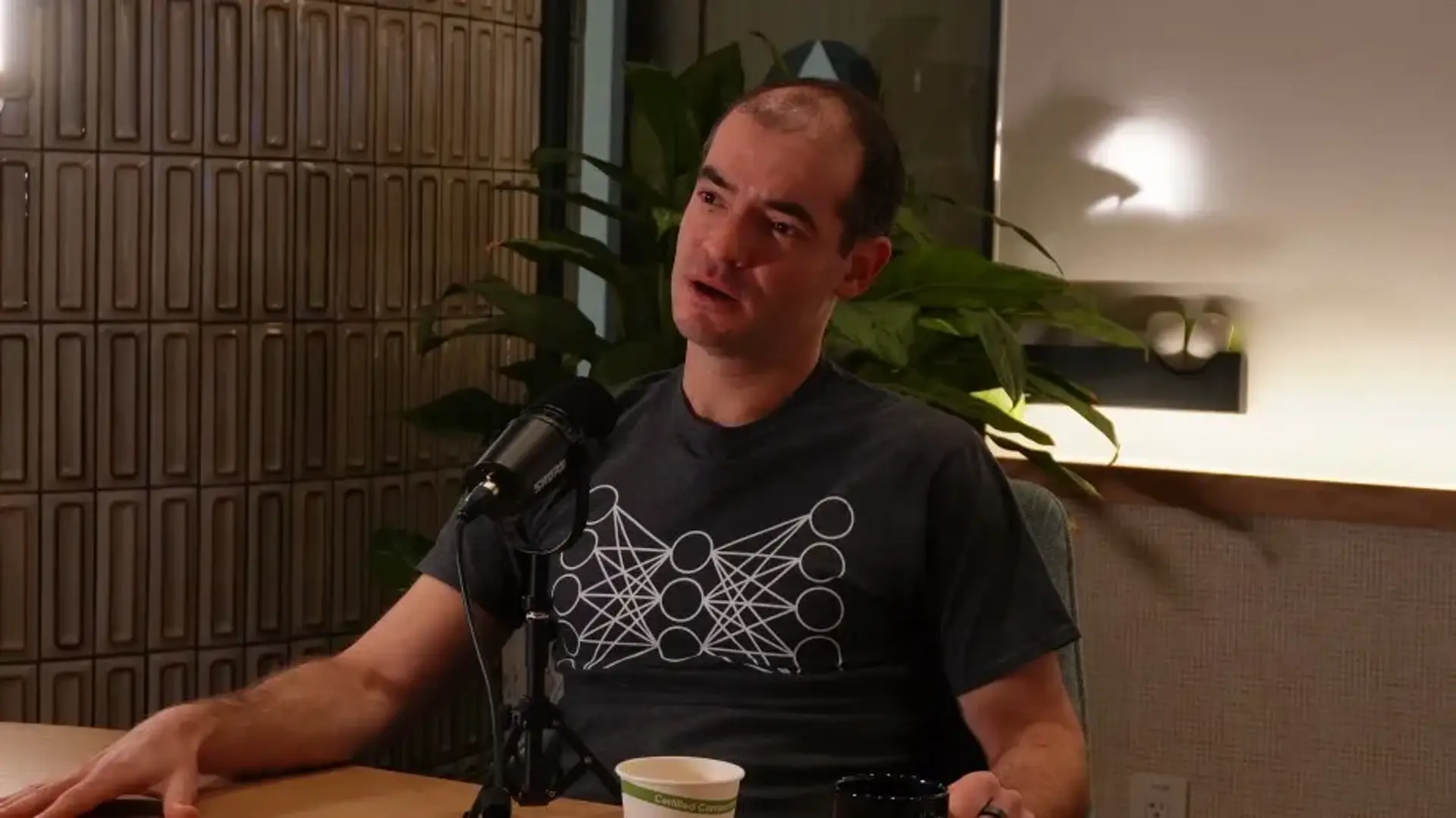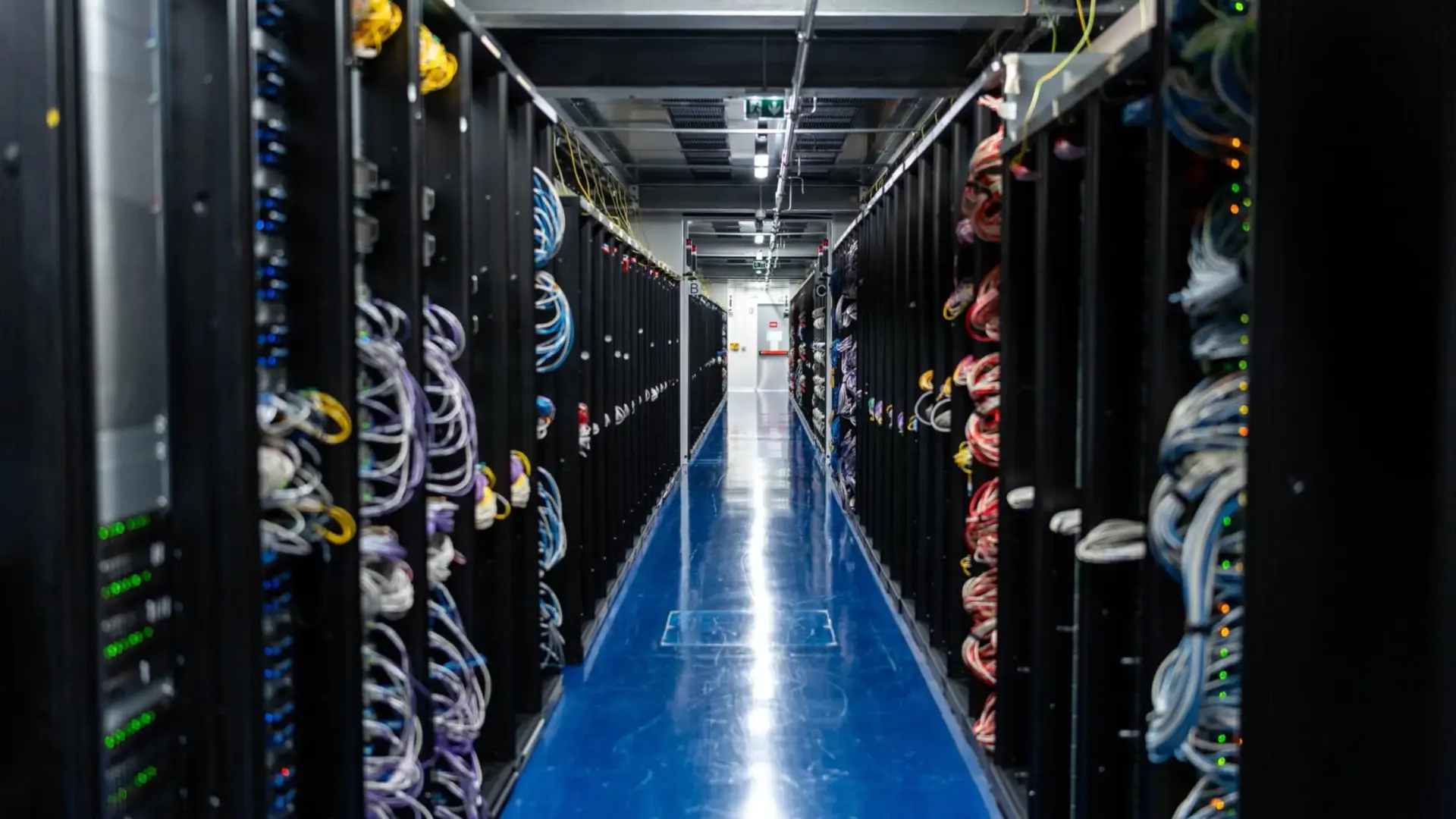Sam Altman has announced that OpenAI is no longer facing limitations due to compute constraints. This declaration arrives shortly after Microsoft relinquished its position as the exclusive cloud provider for OpenAI. The removal of these constraints means OpenAI can now accelerate its AI development efforts without being bottlenecked by a lack of processing power. This is a significant step, suggesting that OpenAI has secured alternative or additional compute resources to support its ambitious projects.
The announcement implies a strategic shift in how OpenAI manages its infrastructure and partnerships. While the specifics of the new compute arrangements remain undisclosed, the timing suggests a diversification of resources beyond Microsoft's Azure cloud. This could involve deals with other cloud providers, the development of in-house compute capabilities, or a combination of both. The increased compute capacity will likely fuel advancements in OpenAI's core products, such as GPT models, and enable the exploration of more complex AI applications.
Ultimately, the lifting of compute constraints positions OpenAI to be more agile and competitive in the rapidly evolving AI landscape. It allows the company to experiment more freely, train larger models, and bring innovative AI solutions to market faster. The long-term impact could be a new wave of AI breakthroughs and a reshaping of the cloud computing market as other AI companies seek to secure their own compute resources.




